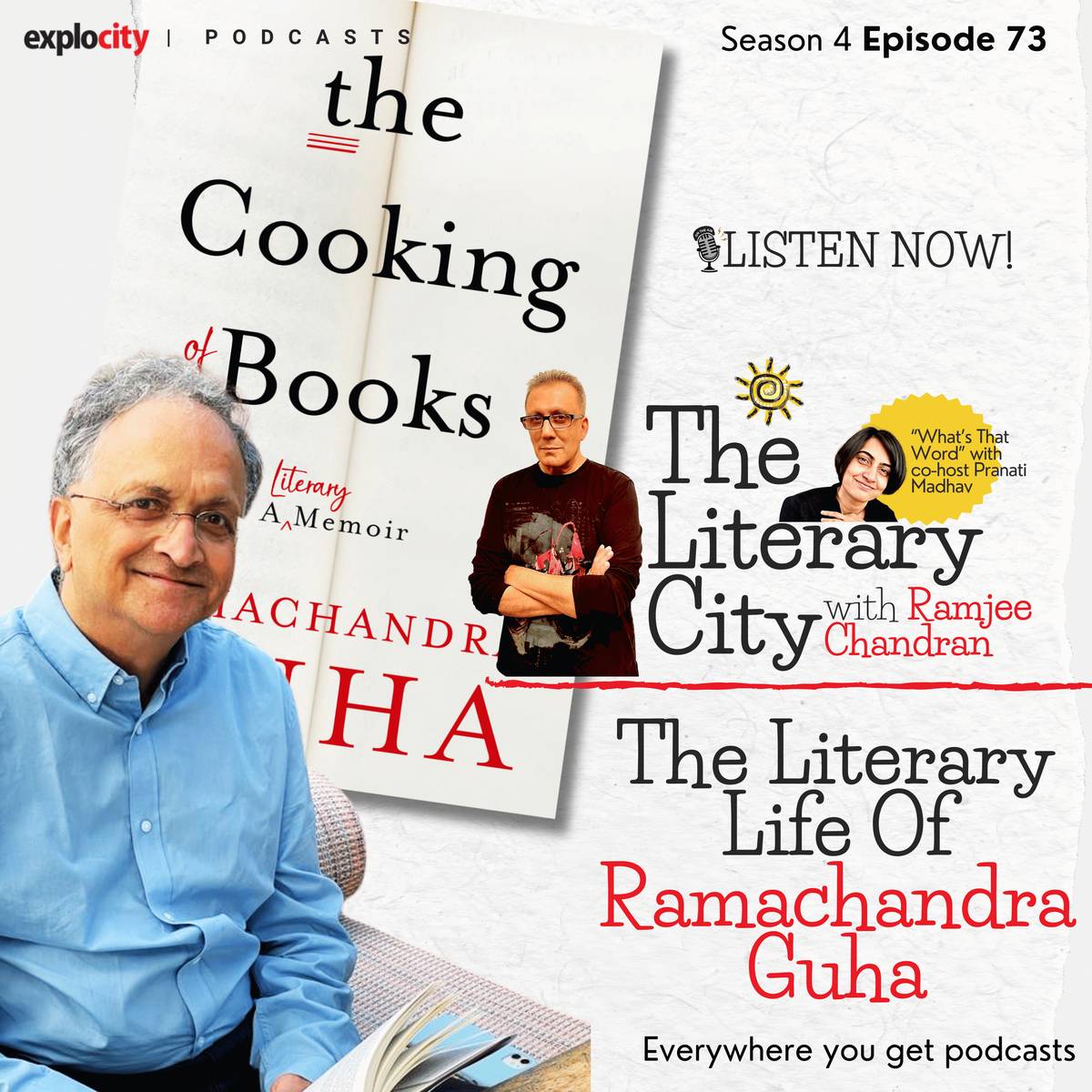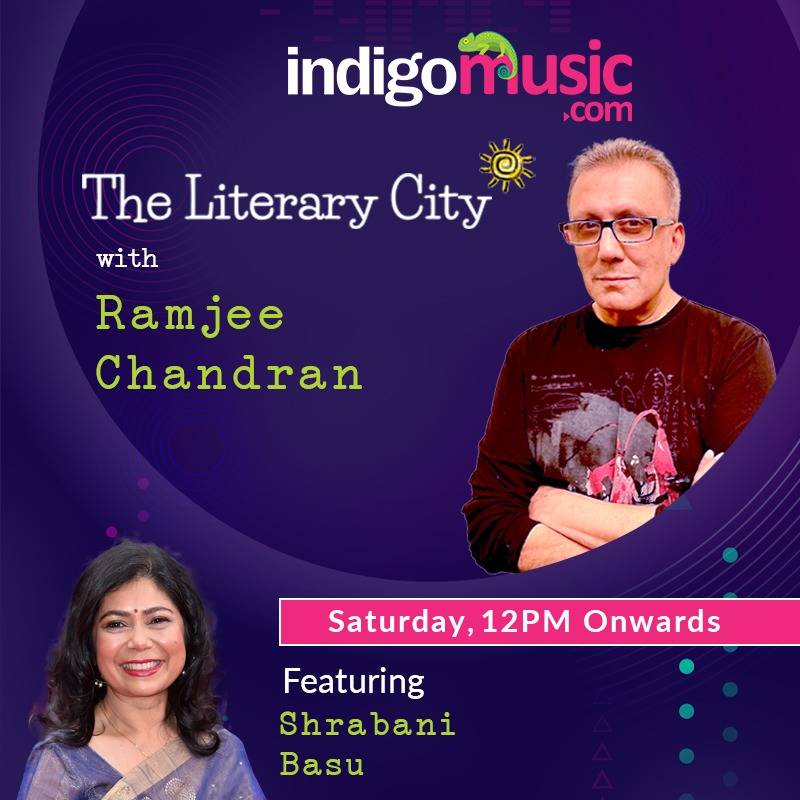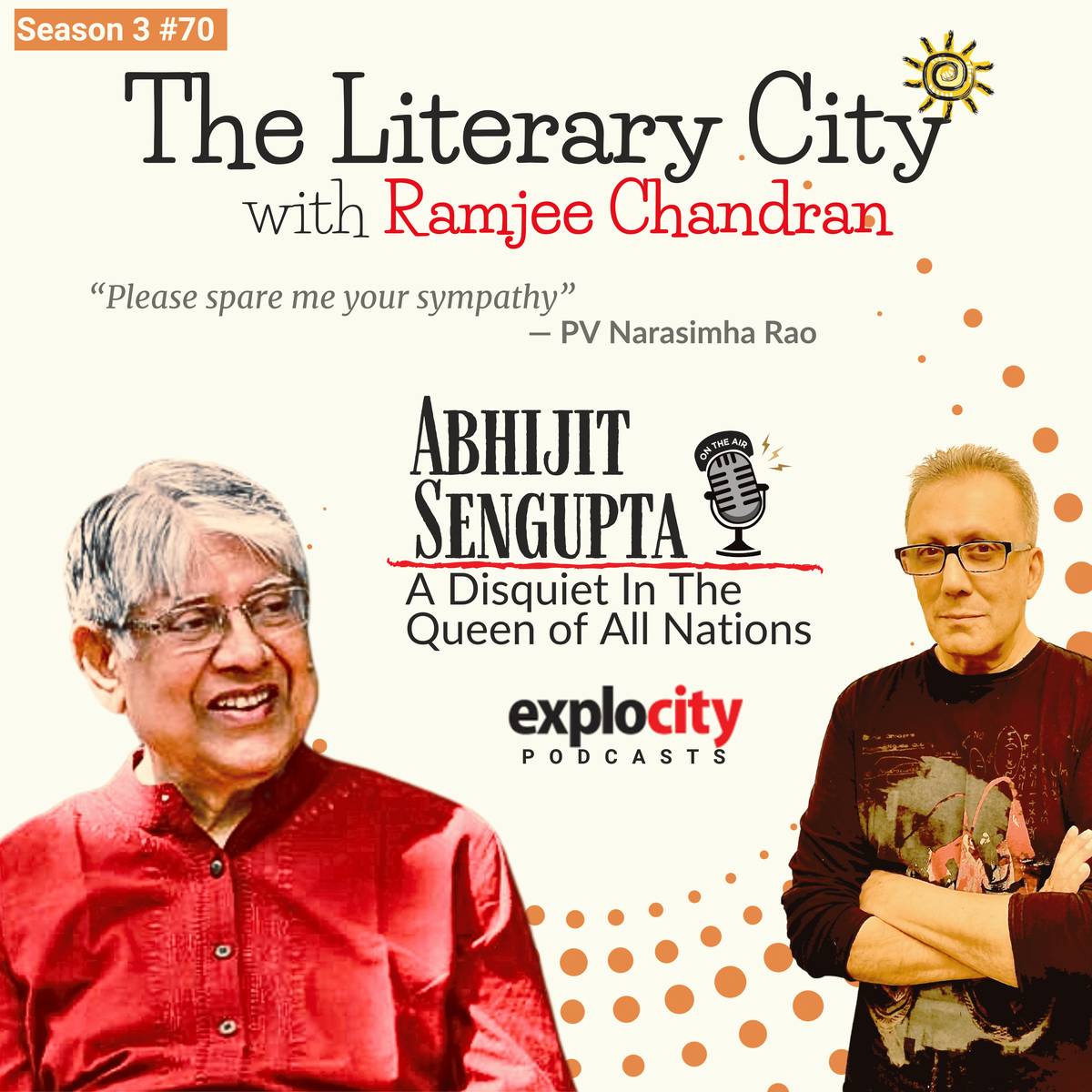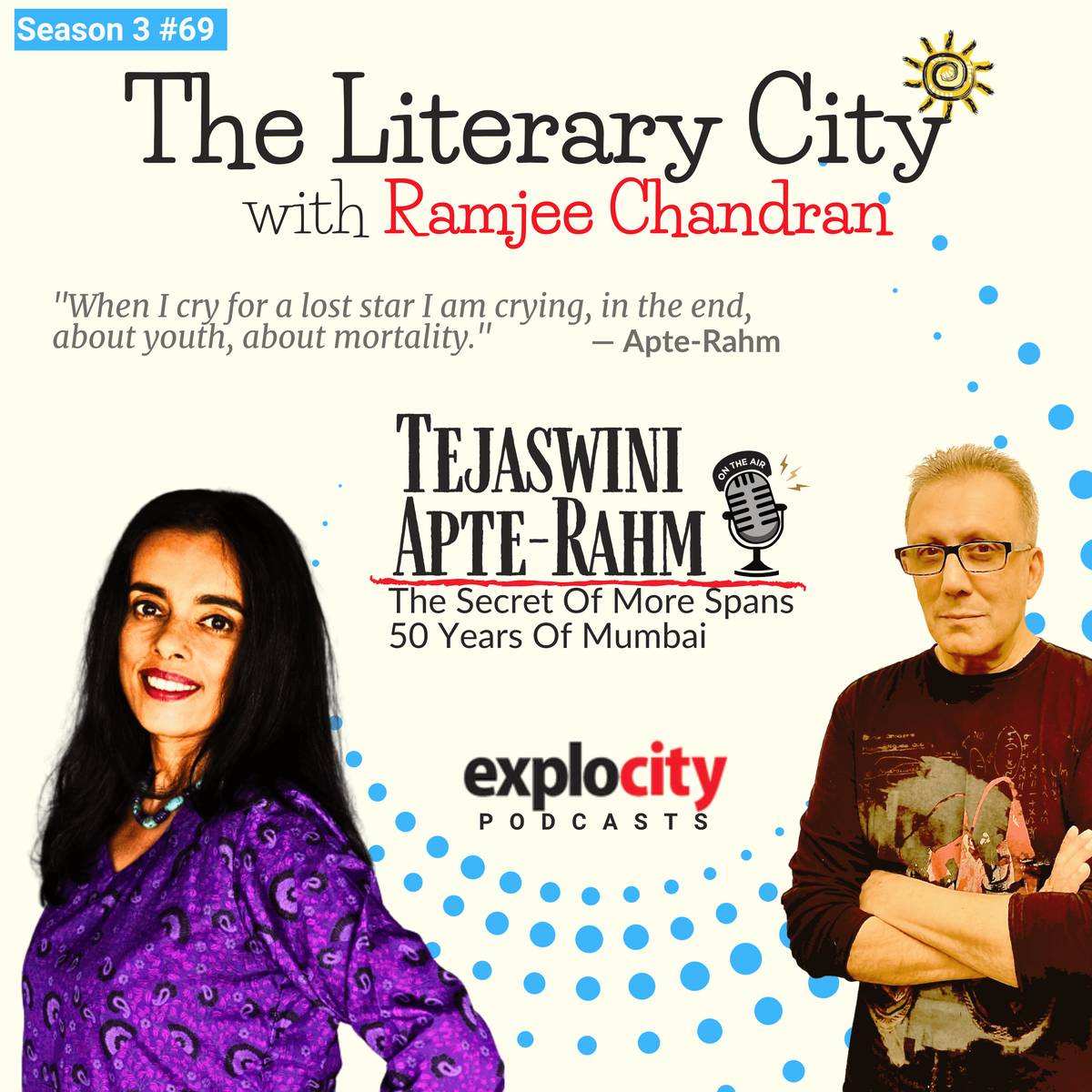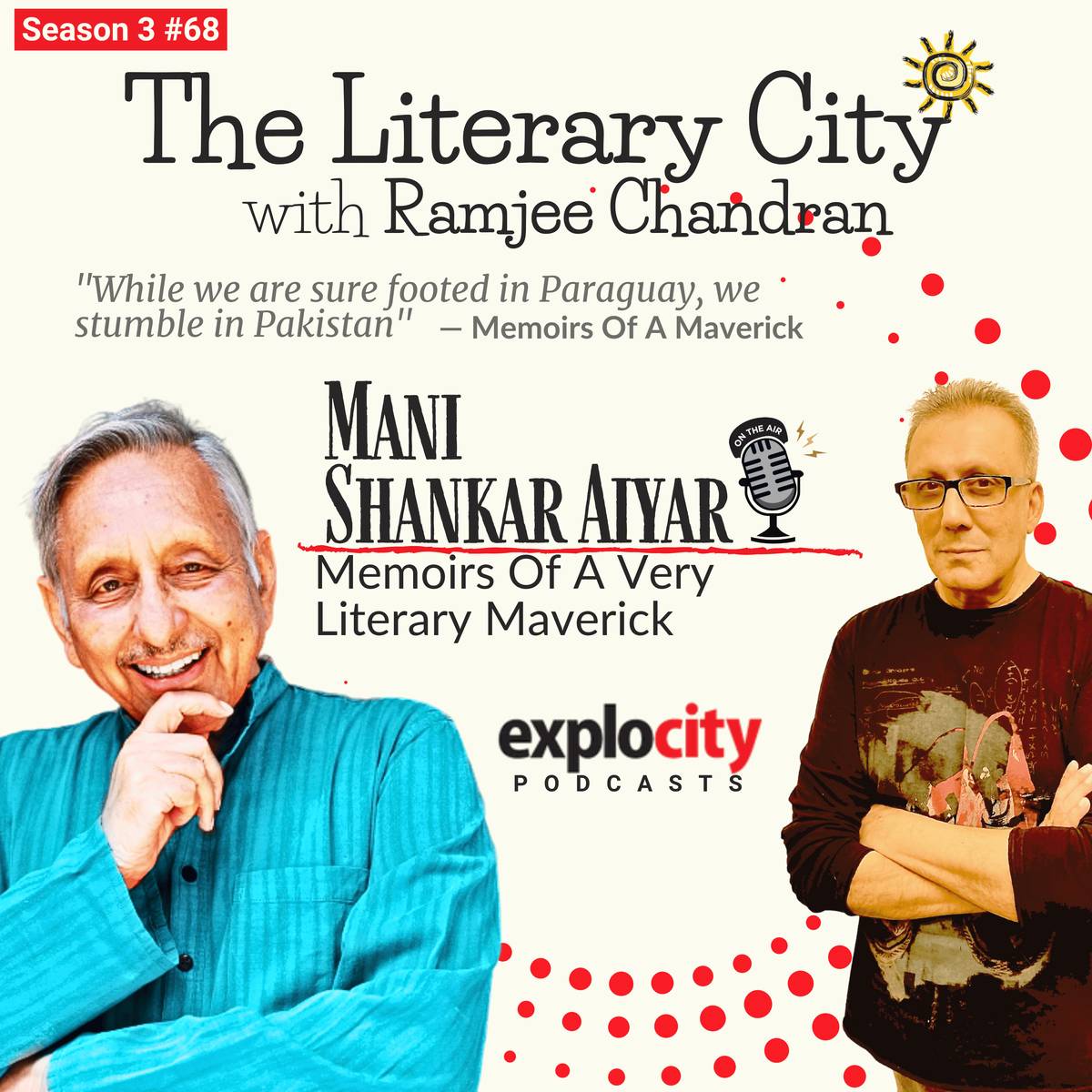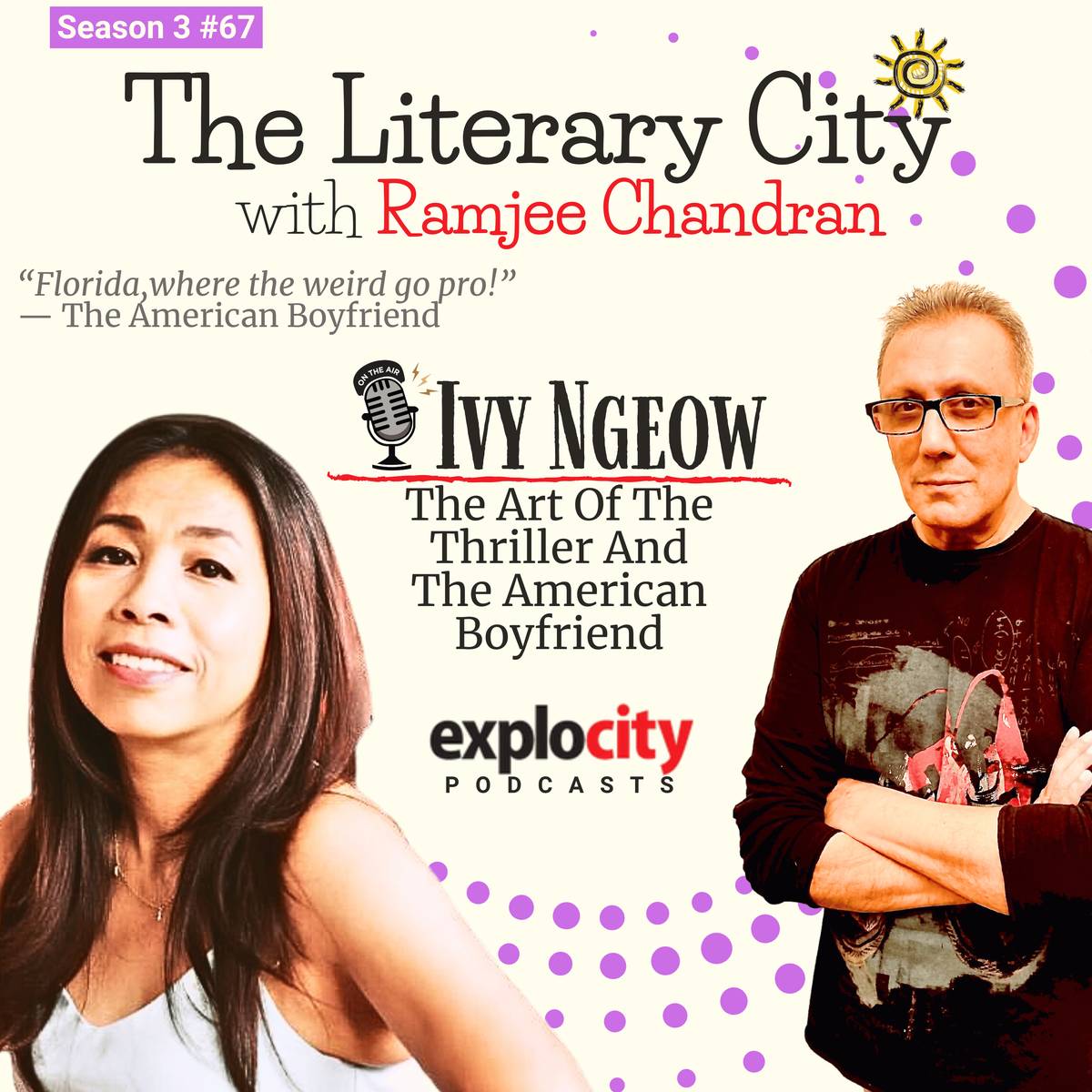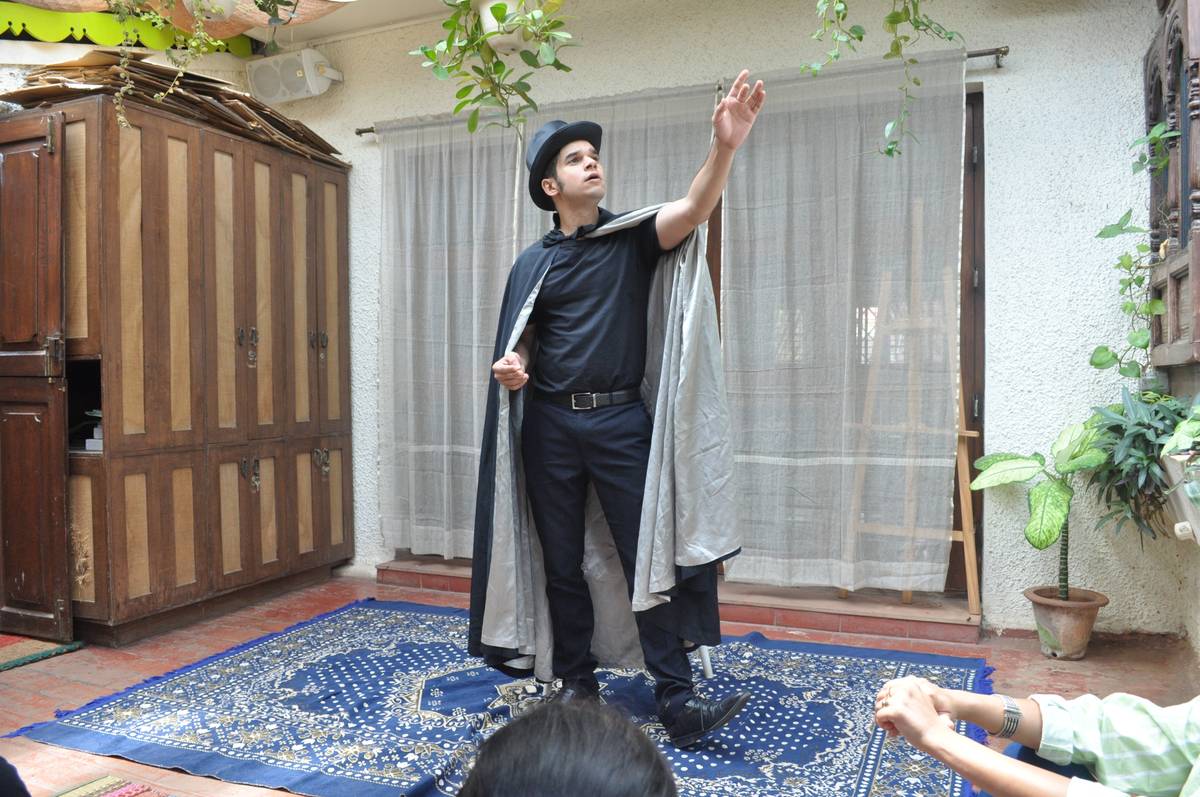Literary Reflections of Grief and Triumph: “100 Days” By Bharathi Ghanashyam
While it may fall under the category of autobiographical literature, it ventures beyond the conventional memoir genre. Rather, it takes on the character of a heartfelt letter, not addressed to a living spouse, but to one who has embarked on the enigmatic journey into the afterlife.
Sep 21, 2023, 21 37 | Updated: Sep 21, 2023, 21 38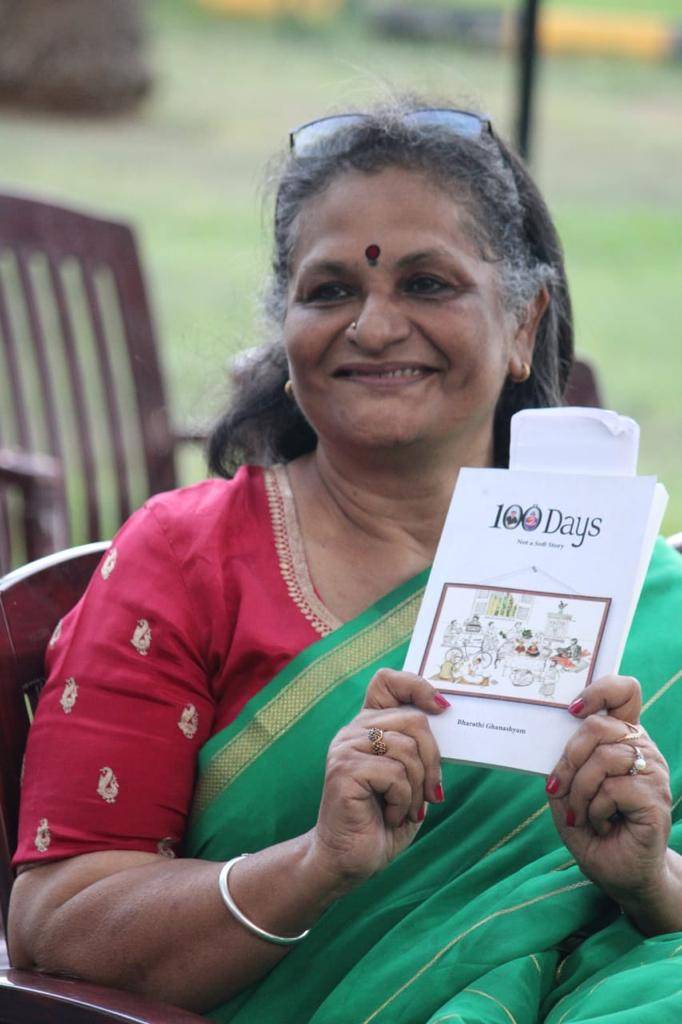
The book, titled “100 Days – Not a Soft Story," provides readers with an intimate window into the life of its author, Bharathi Ghanashyam. While it may fall under the category of autobiographical literature, it ventures beyond the conventional memoir genre. Rather, it takes on the character of a heartfelt letter, not addressed to a living spouse, but to one who has embarked on the enigmatic journey into the afterlife.
The experience of losing a life partner can be profoundly moving and often shattering, especially when the union spans nearly five decades, as is the case for Ghanashyam, who mourns the passing of her cherished husband of 48 years. However, her grief is further compounded by the challenging circumstances of relocating to a new place and the emergence of the COVID-19 pandemic. This convergence of trials could have led her into the deepest abysses of sorrow. Instead, Ghanashyam made the deliberate choice to share the rich tapestry of her life, presenting a poignant narrative that traces her evolution from suffering to acceptance, and ultimately, to a rekindled zest for life.
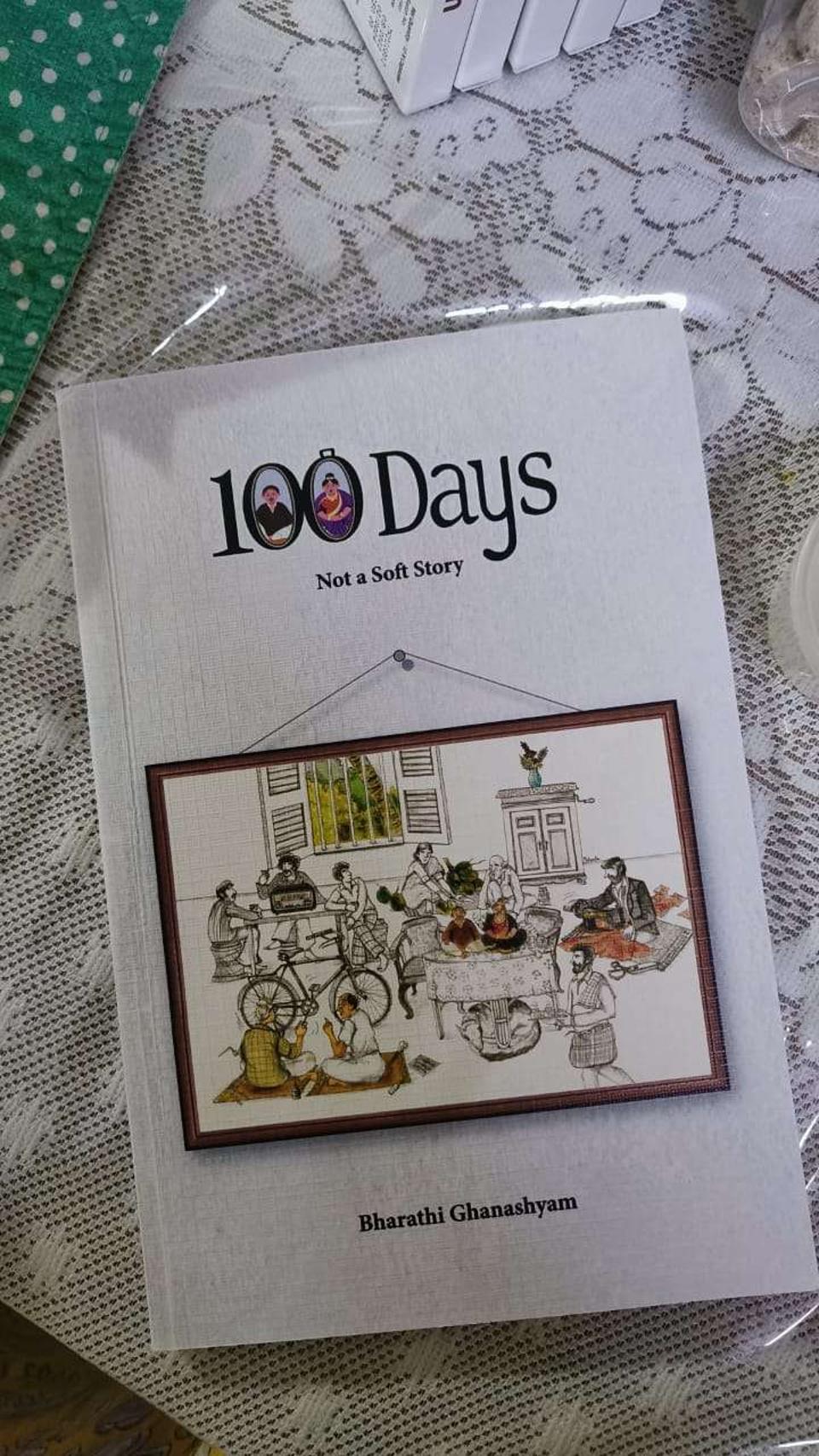
As we journey alongside Ghanashyam through the chapters of her extraordinary life, we encounter a mosaic of experiences, spanning from her marriage at the tender age of sixteen to the resilience cultivated in the crucible of acute adversity. Along this rollercoaster ride, we are privy to moments of sheer joy amidst abundance, as well as the daunting troughs of financial hardship. Ghanashyam's storytelling evokes a gamut of emotions in her readers, invoking laughter, moments of empathetic sighs, and, at times, stirring a lump in the throat.
What truly distinguishes Ghanashyam in this narrative is her unvarnished candor and unwavering stoicism. She neither seeks nor expects pity, but rather, presents an authentic account of the journey of confronting life's relentless trials. She underscores the idea that challenging times can indeed exact a toll, yet they are navigable and surmountable with love and support. Ghanashyam's prose, simple yet vivid, effectively communicates her courage, particularly when she delves into her "darkest moments." Her humor, although understated, subtly permeates her narrative, as she recounts her own "Marie Antoinette moments."
Bharathi Ghanashyam's earlier literary work, "Rajammal," unfolds as a captivating narrative set in pre and post-independence India. It chronicles the extraordinary journey of a child-bride who defies societal norms in her pursuit of personal agency. Despite being pushed into a forced marriage due to her family's debts, Rajammal evolves into a passionate, resilient woman determined to break free from societal constraints.
The narrative introduces a diverse ensemble of characters, each endowed with unique strengths and flaws, which enrich the portrayal of the era. "Rajammal" weaves a complex tapestry of emotions, incidents, and human intricacies. It extends an invitation to readers, beckoning them to embark on Rajammal's remarkable journey, offering an engaging and thought-provoking reading experience for rainy afternoons or leisurely summer days.
Bharathi Ghanashyam's literary journey, transitioning from her earlier work, "Rajammal," to her current offering, "100 Days – Not a Soft Story," reflects a remarkable evolution in her storytelling.
In "Rajammal," Ghanashyam adeptly unraveled the life of a young bride who defied societal norms in pre-independence India. Through vivid character portrayals and intricate narratives, she illuminated the challenges and victories of Rajammal, providing readers with a window into a bygone era. Her debut work showcased her keen ability to breathe life into historical settings and complex characters.
With "100 Days – Not a Soft Story," Ghanashyam takes a distinct literary detour. While it remains rooted in the personal and emotional, this book ventures into the realms of memoir and self-reflection. It becomes evident that the author has embarked on a voyage of self-discovery, where she not only shares her own experiences but also extends an invitation to readers to accompany her as she grapples with profound loss, resilience, and renewal.
The shift between these two literary works underscores Ghanashyam's versatility as a writer. Her storytelling prowess has evolved from historical fiction to introspective memoir, encompassing a wider spectrum of human experiences. "100 Days" serves as a testament to her ability to establish a deep personal connection with readers, guiding them through the intricacies of her own life journey, just as she once led them through the captivating tale of Rajammal's extraordinary odyssey.
"100 Days – Not a Soft Story" transcends the realm of a mere book; it offers an immersive experience, an expedition that readers embark upon alongside the author. As you immerse yourself in these pages, ensure you have a freshly brewed cup of coffee or tea at your side to savour, and perhaps, keep a box of tissues within reach for those poignant moments when Ghanashyam's evocative prose touches your heart and stirs your emotions.
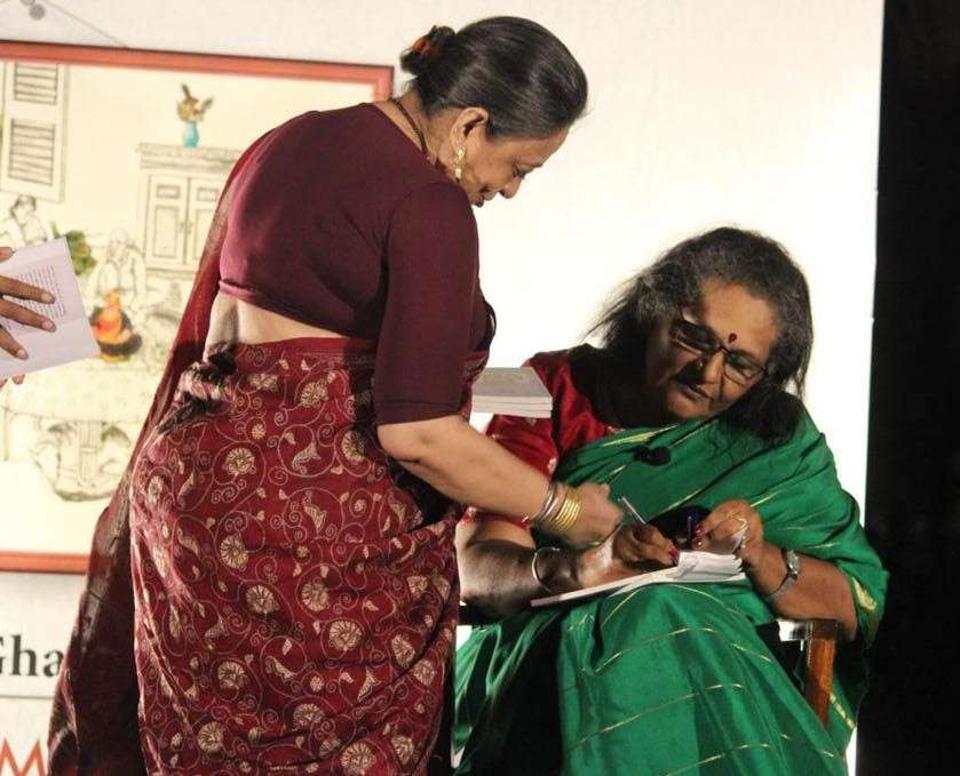
The following is an interview with Bharathi Ghanashyam:
Explocity: Your book talks of the challenges of losing a life partner. Did writing about these experiences help you in your own process of healing?
Ghanshyam: I wouldn’t say that, because writing the book was a very impulsive act. While I was writing it, I wasn’t even thinking of my loss. It seemed like something, or someone was urging me on and I had to write.
Your storytelling style is both candid and evocative. How did you strike a balance between sharing personal moments and maintaining a sense of privacy in your narrative?
There are only three areas of my life that I consider very private and will not share - details of my sex life, my relationship with God or the higher power, and moments that make me cry. The rest is for all to see. So, being candid wasn’t difficult at all.
There’s an underlying humour in your writing—even during challenging passages. Has humour been a coping mechanism?
Maybe in the subconscious. My reaction to life is somewhat irreverent. It’s always ‘so what?’ or ‘why not me?’ It also helps to laugh at yourself. Having said that, it’s not like I wasn’t affected at all. It’s just that I’m probably more thick-skinned than most.
How has your literary journey evolved, and where do you see it taking you next?
I am an unambitious writer. I write because I have to, else I might not ‘be’. I can’t see where my writing began or where it will take me. In Kannada, there is a beautiful song ‘Yede tumbi haduvenu’ which says that birds do not sing because they expect rewards. They sing because they have to. I resonate with this song a lot. But I do hope that I can write well enough to continue to keep my readers happy.
